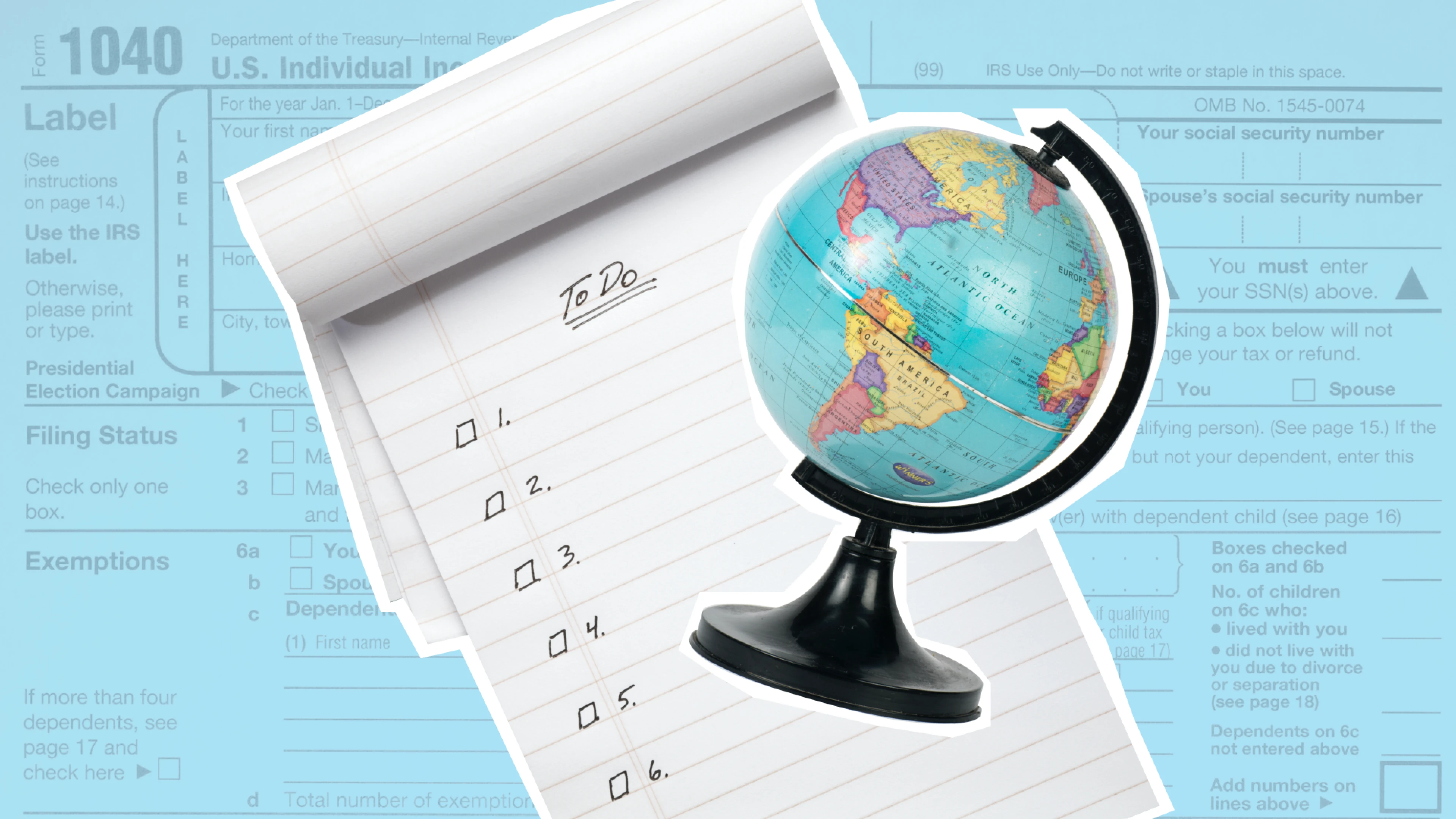For many businesses operating during COVID-19, the reality of hiring out-of-state workers is now an accepted norm. What used to be a challenge primarily for larger companies, is now something that even small businesses must learn to grapple with: out-of-state employees.
The compliance requirements associated with telecommuting, or the use of technology to work away from an office, can become a major HR headache. With employment laws vastly differing from state to state, telecommuting has the potential to exponentially multiply the compliance work necessary to adhere to state employer guidelines — particularly concerning hiring remote workers and doing business in multiple states.
If you have workers telecommuting out of state from where your company is originally located, there are some basic steps you’ll need to follow. To help you avoid compliance pitfalls, we’ll break down several tips to consider when expanding your workforce to new states. This post is not an exhaustive list, but simply an overview to get you started.
We've built a helpful guide on hiring remote workers — and staying compliant while doing so. Download the Quick Guide to Hiring Remote Employees here.
Telecommuting and Multi-State Compliance
The legal requirements for conducting business vary on a state-by-state basis, but generally speaking, if you have an employee who performs work for you in a state, you'll need to make sure you're in compliance with state laws.
Telecommuting opens up the possibility that, according to these business-related laws, your company conducts business in more than one state… and must comply with more than one state’s business-related laws.
And telecommuting laws by state will vary; it’s not just a matter of multiplying your efforts across each new state, it’s also about understanding the unique employer requirements for each state. Working with a nationwide Professional Employer Organization (PEO) can help you keep track of your obligations as an employer.
Registration & Licensing in New States
If you know you might have telecommuting employees working from a new state, one of the first steps to take is to check business registration and licensing requirements, if applicable.
Determine whether you need a state or local tax ID by researching applicable state and local laws regarding income taxes and employment taxes. You may also want to familiarize yourself with the applicable reporting forms.
You’ll also want to obtain any required insurance. Again, these requirements vary from state to state, but here are some examples of policies you may need:
Workers’ compensation — Not required in certain states such as Texas
State statutory disability insurance — Required in California, Hawaii, New Jersey, New York, Rhode Island, and Puerto Rico
Unemployment insurance — Varies by state, and you may need to register with your state workforce agency
When federal and state employment laws and regulations change, you need to know. Get The Scoop for compliance updates that impact your business.
There are a few specific compliance regulations tied directly to hiring an employee in a new state. Let’s break it down.
Payroll
Payroll requirements, like many business-related laws, can be complicated. Consider finding a company that can help you manage processing payroll. For example, as national PEO, Justworks can handle your payroll in all 50 states and D.C.
If an employer has operations in more than one state, income tax might need to be withheld for multiple states. In fact, at times the employer might need to withhold income tax for multiple states from the wages of one employee. Withholding can become complicated when an employee lives in one state and works in another or performs services in more than one state.
Paying State Taxes and Other Requirements
As you might recall, there are a lot of employment-related taxes and other requirements to pay, and they vary by state. These include State Unemployment Insurance, workers’ compensation, and more.
Different states, and some local governments, have different requirements, like disability insurance or commuter benefits.
If you use a PEO, they'll be able to secure all the different policies for you and make sure you have everything you need.
New Hire Reporting
Last but not least, you need to report your new hires to the state. State and federal laws require employers to report basic information on new and rehired employees within 20 days of hire, though some states require it sooner. Find the applicable new state hire reporting website to get the most up-to-date requirements.
A Quick Note on State Employment Laws
When you expand your business to a different state, you have to operate under that state’s rules. If, for example, they mandate that vacation be paid out when an employee leaves, you have to pay it out, even if that requirement differs from the laws in your own state. Some states have different paid and unpaid leave laws, too, such as the New York Paid Family Leave Law.
Justworks Can Help
When you find talent that you want to hire, you should hire them. However, crossing state lines will definitely pose some additional challenges.
Because each state has its own employment laws, it is helpful to consult with legal counsel to help you comply with all applicable employment laws. If you're a Justworks customer, our HR support team can help you adapt your policies.
While you can handle many of these compliance regulations on your own, it can be helpful to work with a provider familiar with payroll and compliance in multiple states. Justworks operates in all 50 states and D.C., and specializes in taking care of many of these crucial items for you — such as withholding, reporting, and remitting payroll taxes, and obtaining workers’ comp and state unemployment insurance.
Learn more with Justworks’ Resources
Scale your business and build your team — no matter which way it grows. Access the tools, perks, and resources to help you stay compliant and grow in all 50 states.






